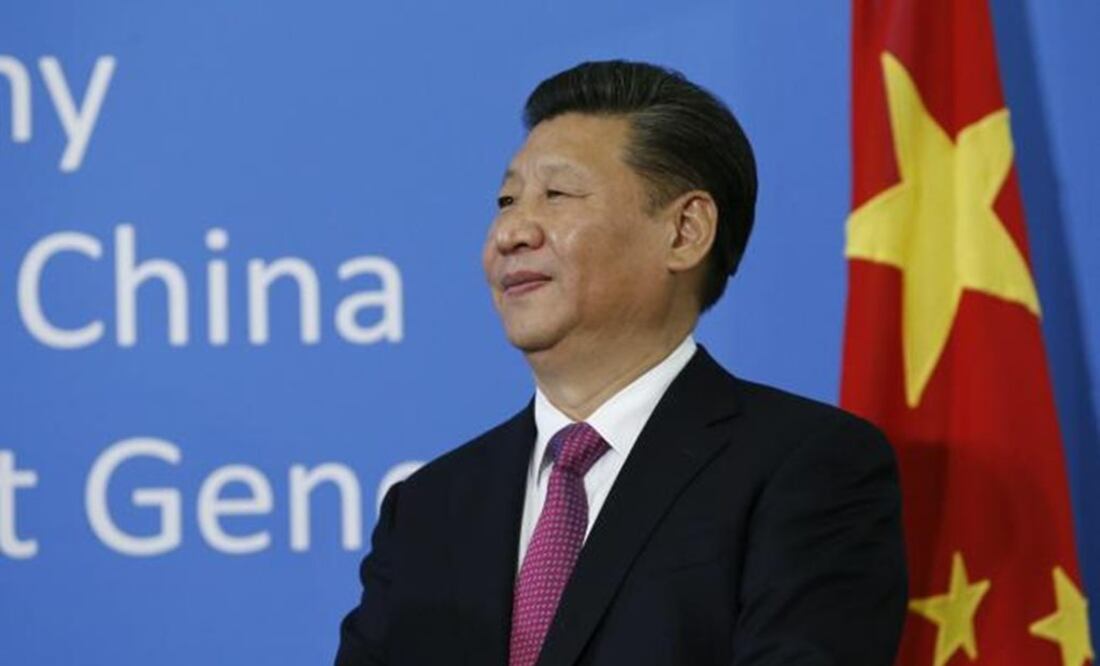The southeast maritime region of Asia has been in the eyes of the world in recent years as China has built military facilities in the seven islands and reefs under its control in the Spratly Islands, including a landing field for bombers in the Fiery Cross Reef and the anti-aircraft weaponry based in the Paracel islands, all of which amount to a US$5bn annual income resulting from the vital commercial route these region represents and which is claimed by several neighboring countries.
Despite the Philippines was grated the legal victory for the control of the Spratlys with a ruling from the Permanent Court of Arbitration (PCA) of The Hague in July last year, the ruling has not prevented China from continuing with the development of its facilities in the region, while the new Philippine administration distanced itself from Beijing and the former Obama administration.
Trump administration threatens to become more directly involved in this dispute. Current U.S. Secretary of State, Rex Tillerson, who holds an aversion to China as a result of the loss of hydrocarbons exploration contracts in Vietnam stemming from Chinese pressure at the time of his presidency of ExxonMobil, said last January 12 that the U.S. must not allow China to access its facilities in the Spratly islands as these are located in international waters. For its part in March last year, Steve Bannon, the almighty strategist of the White House, predicted a possible war between the U.S. and China that would span between five and ten years.
China immediately reacted to these statements and warned of the negative effects in the close commercial relations between the two countries and noted that the consequences of a potential U.S. maritime block would result in a large scale war in the region.
Despite the inflammatory statements, Washington and Beijing know that diplomacy, dialogue and international law are the best means to dispel the crisis. During his recent visit to Tokyo on February 4, U.S. Secretary of Defense, James Mattis dismissed any plans for military maneuvering in the South China Sea and advocated for open communication channels with Beijing; his statements have been well received by China who has insisted that diplomacy and dialogue must be employed by the interested parties.
China reiterates its interest of preserving a bilateral dialogue, while it holds the Association of Southeast Asian Nations (ASEAN) as a regional bloc, thus resulting in the existence of two opposing views on whether participation of foreign players, such as Japan and the U.S., is required or not to maintain the peace and stability of the region.
Trump administration knows of the economic, political and military cost of harming the relationship with China. However, the White House has showed Trump capacity to shake the U.S. establishment and to disrupt the foreign relations with traditional allies. Moderation should prevail in the White House.
The countries denouncing Chinese activity in the region need to increase communication and work towards an intelligent diplomacy that privileges norms accepted by the International Maritime Law, the Law of the Sea and the case-law of The Hague’s Permanent Court of Arbitration. While the territorial dispute is difficult to solve, it is urgent to move forward with China in the creation of a binding legal code of conduct that addresses topics of immediate concern such as the preservation of the maritime system as well as clear fishing and oil exploitation contracts.
China and the U.S. need to send clearer signs that peace is being built as a result of constructive action between them.
Ulises Granados is a professor and coordinator of the Asia-Pacific Studies Program at ITAM @ulisesgranados










